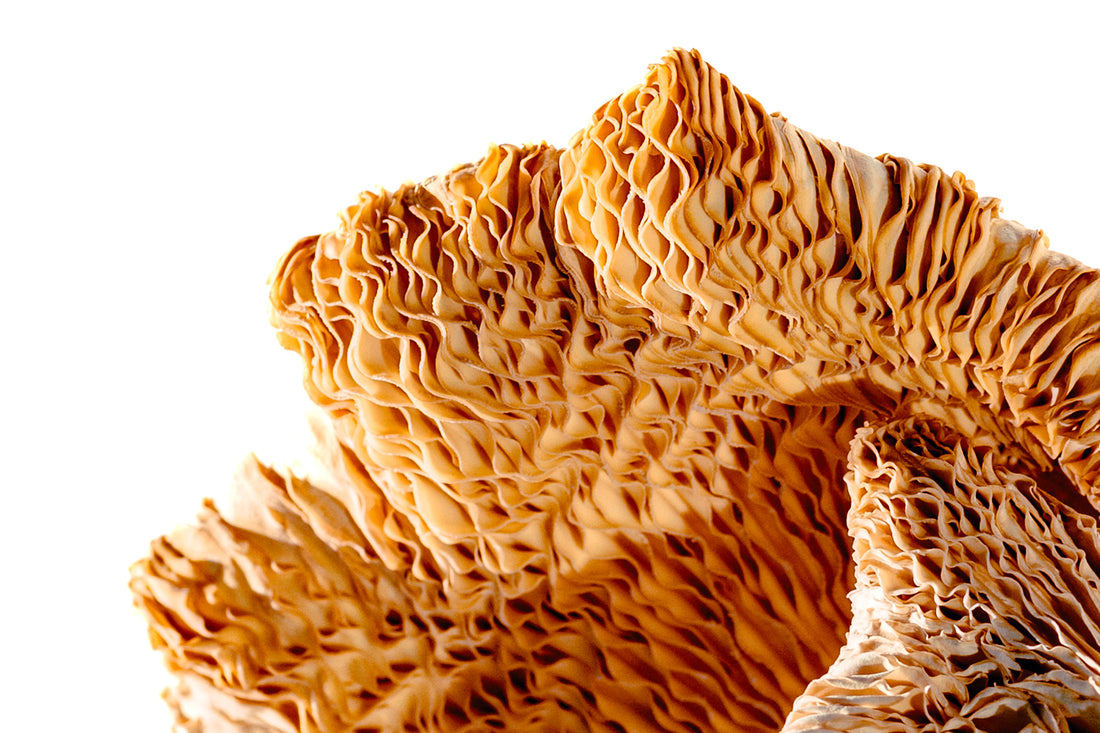What is a Fecal Microbiota Transplant?
Did you know that Fecal Microbiota Transplants (FMT) are now being explored as a way to cure IBD (inflammatory bowel disease) and other Autoimmune related health conditions associated with gut imbalances?
According to The Fecal Transplant foundation, Fecal Microbiota Transplant (FMT) is a procedure in which fecal matter, or stool, is collected from a tested donor, mixed with a saline or other solution, strained, and placed in a patient, by colonoscopy, endoscopy, sigmoidoscopy, or enema. The purpose of fecal transplant is to replace good bacteria that has been killed or suppressed, usually by the use of antibiotics, causing bad bacteria to over-populate the colon, creating a severe infection. This infection causes a condition called C. diff. colitis, resulting in often debilitating, sometimes fatal diarrhea. The FMT procedure has proved to be an effective treatment for C-Diff infections. 1
The gut microbiome plays an important role in nutrition, energy metabolism, host defense, and immune system development. Dysbiosis, or abundance of bad bacteria in relation to good bacteria is associated with various disease states. Although currently FMT is only indicated for C-Diff infections in hospital settings, recent studies are showing that FMT can also be a beneficial cure for many autoimmune conditions and other gastrointestinal issues associated with a having a gut bacteria imbalance. 2
According to the research, if FMT can reverse C-Diff infections, it could also be used to treat conditions such as ulcerative colitis (UC) and Irritable Bowel Disease (IBD). The researchers found that although FMT for these conditions is not an immediate cure, some immediate benefits were noted. Remission and medication cessation was very high, and in time the intestinal mucosal lining of a majority of the participants did heal. 3
It seems that although initial FMT may not immediately cure UC, as happens with CDI, over many months to years, the implanted microbiota appears to progressively transform the inflamed UC mucosa to normal, histologically uninflamed mucosa. Twelve of 21 patients (57 %) who had repeat colonoscopy at a mean of 33 months (range 1–198 months) demonstrated complete mucosal healing with normal endoscopic appearance and no histological inflammation. 4
These researchers suggested that other disease states related to gut dysbiosis, such as obesity, metabolic syndrome, diabetes, multiple sclerosis, parkinson’s disease, rheumatoid arthritis, acne, inflammation, depression, and even autism (all associated with gut microbe imbalances) may potentially be treatable by FMT at some point. This is exciting news for the future!
Some people are taking matters into their own hands, 5 and attempting to do their own fecal transplants in a desperate attempt to find some relief from their symptoms. However, we do not recommend trying this procedure on your own, without medical supervision. It is a risky procedure, and one in which science is still not sure of the outcome. Hopefully in the near future, FMT will be indicated for far more than C-Diff infections, and accepted as a useful treatment for all gut related health conditions. Imagine there will be “poop banks” available with screened donors, versus trying to find a donor without really knowing their full healthy history. Although it may sound disgusting to many, in the future FMT may be life-saving in terms of healing, and may be the best medical intervention available.
About the Author:
Kathryn is a functional nutritional therapist, author, editor, and mama of two boys. She enjoys spending her free time out in nature-hiking and fishing. You can find her at www.primalmusings.com and her book “Forties on Fire” can be found on Amazon.
References
- 1. The Fecal Transplant Foundation. What is FMT? Available at: http://thefecaltransplantfoundation.org/what-is-fecal-transplant/. Accessed June 30, 2016
- 2. Vrieze A, Groot PF, KootteRS, Knaapen M, van Nood E, Neiewdorf M. (2013). Fecal transplant: A safe and sustainable clinical therapy for restoring intestinal microbial balance in human disease? Clinical Gastroenterology, Volume 27, Issue 1, Pages 127–137. Available at: http://www.bpgastro.com/article/S1521-6918(13)00057-7/abstract/. Accessed June 30, 2016
- 3. Borody T, Paramsothy, S & Agrawal, G (2013). Fecal Microbiota Transplantation: Indications, Methods, Evidence, and Future Directions. Current Gastroenterology Reports, 15:337. Available at: http://link.springer.com/article/10.1007/s11894-013-0337-1/. Accessed June 30, 2016
- 4. Borody T, Paramsothy, S & Agrawal, G (2013). Fecal Microbiota Transplantation: Indications, Methods, Evidence, and Future Directions. Current Gastroenterology Reports, 15:337. Available at: http://link.springer.com/article/10.1007/s11894-013-0337-1/. Accessed June 30, 2016
- 5. The Verge. A Bitter Pill Available at: http://www.theverge.com/2016/5/4/11581994/fmt-fecal-matter-transplant-josiah-zayner-microbiome-ibs-c-diff/. Accessed June 30, 2016












